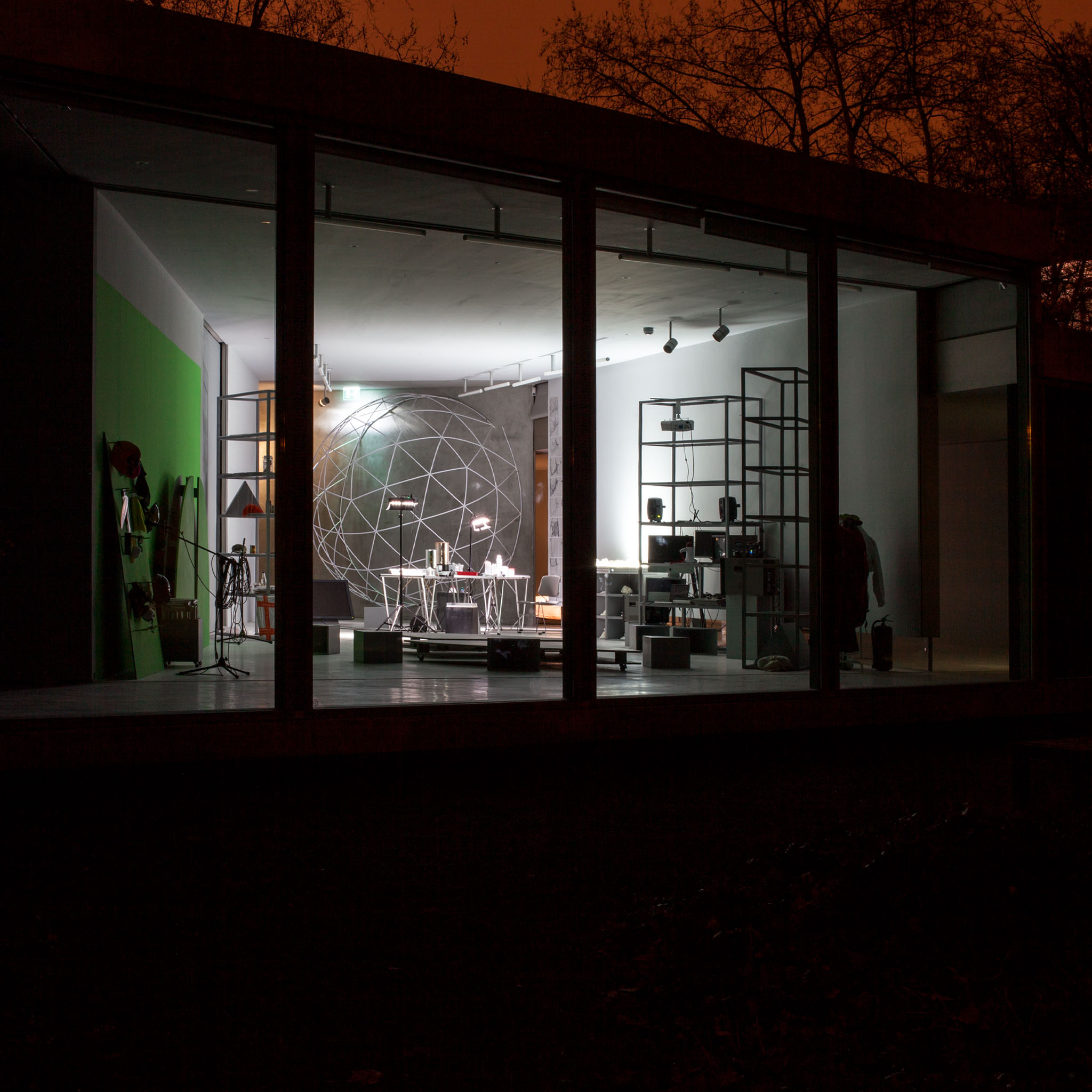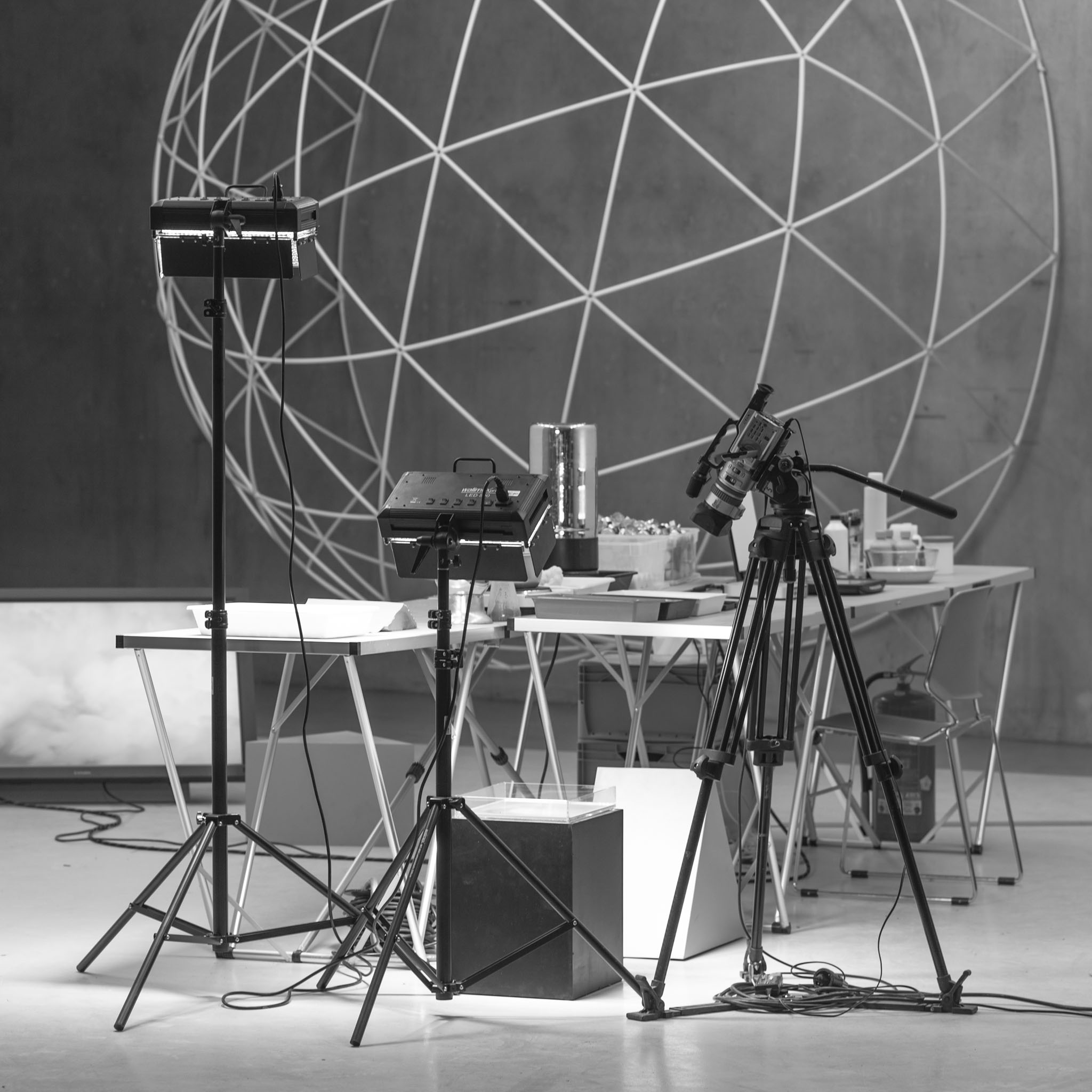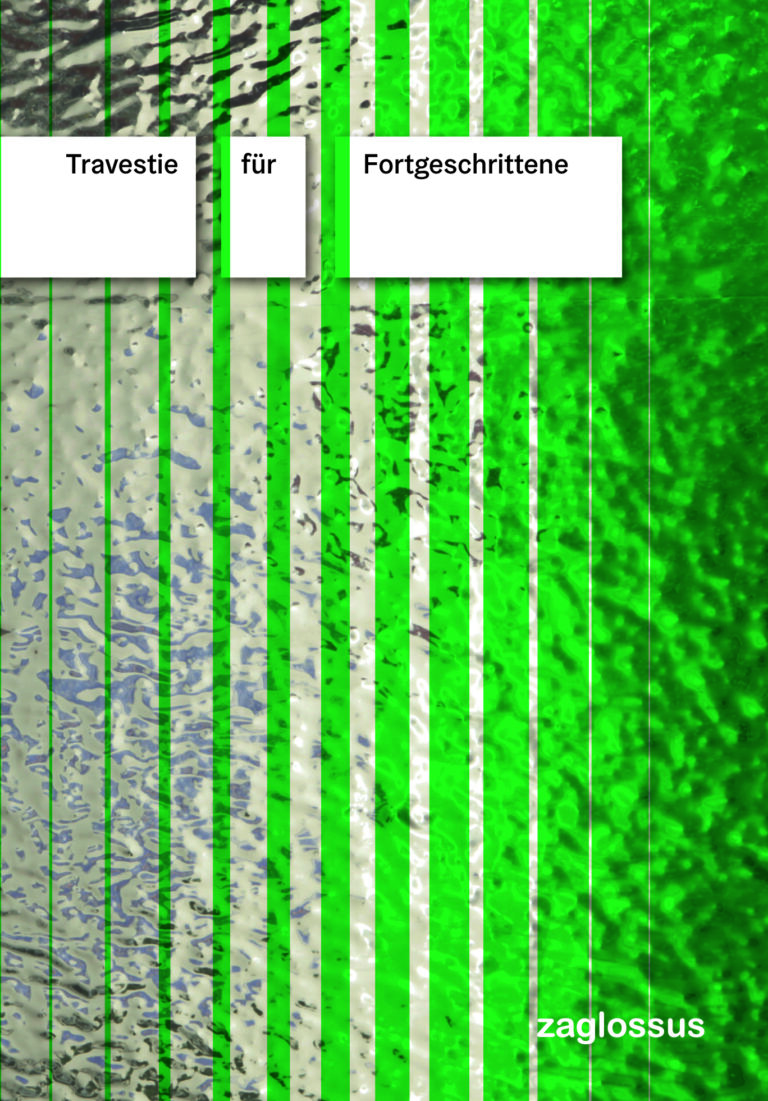
Travestie für Fortgeschrittene: Warte mal!

Travesty für Fortgeschrittene, a three-part exhibition series, was conceived in the European and international context of inclusion/exclusion, of immigration debates, assaults against women, migrants and homosexuals.
It deals with (hetero)normative forms of action and discourses of majority and minority, with the aim of dynamising entrenched social images of thought. The connection between subject, power and gender is examined from different angles.

By reflecting on the functioning of the art institution in comparison with social and mainstream media, the project explores the following questions: What information is opinion-forming, in what frequency and by what means does it reach people, in what form is it processed? Can the institution open up and also understand those attitudes that meet changes and multiple identities with uncertainty, fear and resentment? Is it possible to step out of the "protected space" of art and confront these resistances?

In the new building of the GfZK, a mixed form of exhibition and stage will be realised, comprising individual presentations, dance performances, lectures and workshops. Artistic works are presented for different durations and in changing compositions and made accessible through accompanying events.


